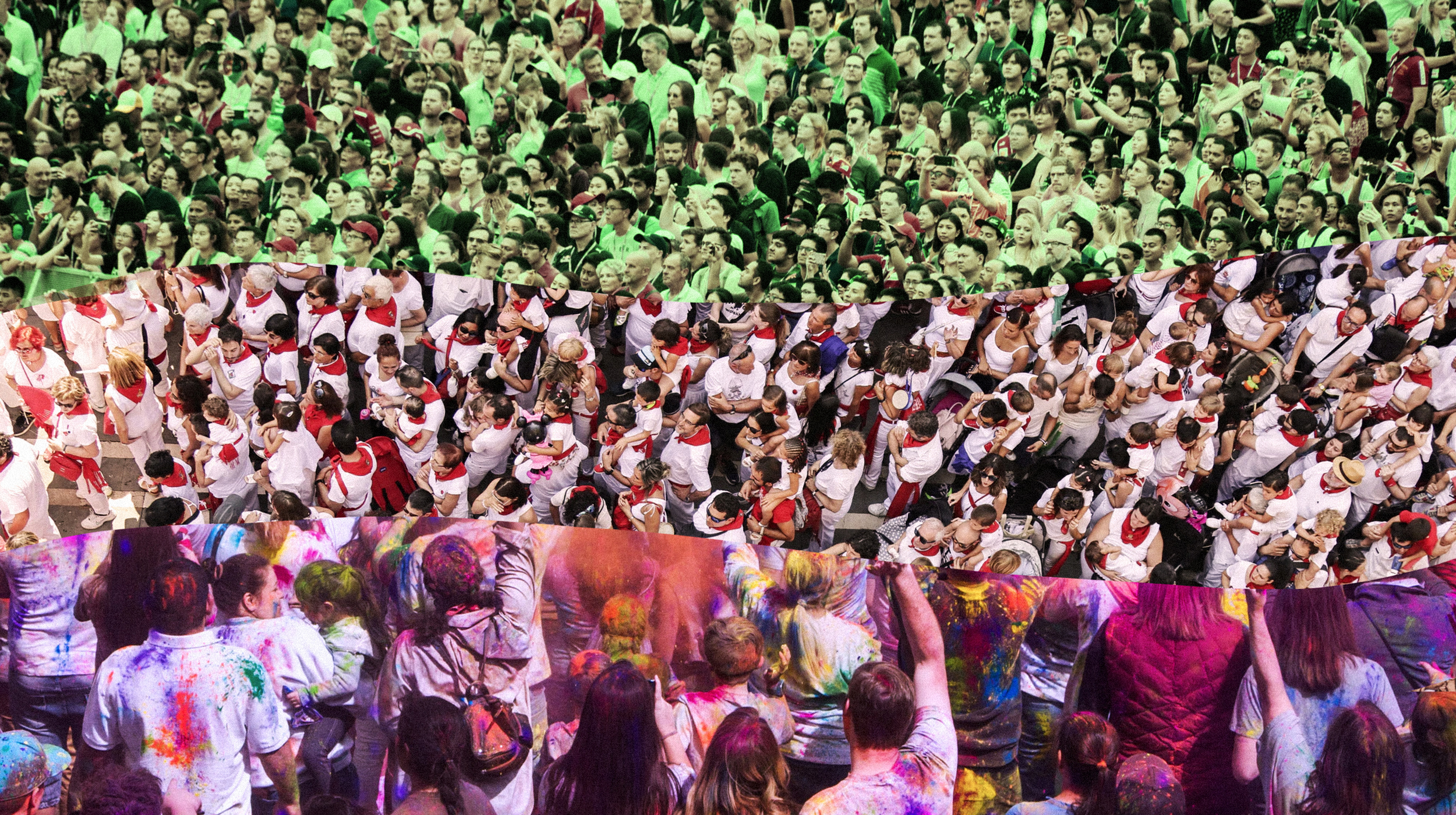sociology
The British economic anthropologist Jason Hickel proposes “degrowth” in the face of recession.
How different people react to threats of violence.
Technology of the future is shaped by the questions we ask and the ethical decisions we make today.
▸
5 min
—
with
Remedies must honor the complex social dynamics of adolescence.
While not the first such minister, the loneliness epidemic in Japan will make this one the hardest working.
The debate over whether or not there is a place for political correctness in modern society is not always black and white.
▸
13 min
—
with
Despite overall increase over the past 20 years, share of women in science and engineering falls in some European countries
From baboon hierarchies to the mind-gut connection, the path to defeating depression starts with understanding its causes.
▸
23 min
—
with
In her book The Art of Rest, one researcher conducted a thorough analysis of the top 10 activities we find most restful.
Older people are in grave danger of being left behind.
User-driven sites lead to user-based bias.
A new study shows that beauty standards affect whether or not accusers are believed.
Study confirms the existence of a special kind of groupthink in large groups.
Learn how to practice “self-indifference.”
A new survey shows who believes what and how it differs from what Americans believe as a whole.
Want to tell someone’s future in the US? You don’t need a crystal ball, just their zip code.
Some volunteers performed above chance. They weren’t the psychics.
The author of “Auroville: The City Made of Dreams” talks about the difficulties of establishing (and writing about) utopian societies.
An archaeologist considers the history and biology of what defines a taste of home.
As morally sturdy as we may feel, it turns out that humans are natural hypocrites when it comes to passing moral judgment.
▸
5 min
—
with
The pieces don’t represent an army, they stand in for the Western social order.
Radical thinker Rutger Bregman paints a new, more beautiful portrait of humanity.
Historian Rutger Bregman argues that the persistent theory that most people are monsters is just wrong.
▸
6 min
—
with
Synchronous movement seems to help us form cohesive groups by shifting our thinking from “me” to “we.”
We make school kids read “Lord of the Flies”—but it’s only half the story.
▸
5 min
—
with
Anastasia lives alone in perfect harmony with nature – or so the story goes – and nature serves her devotedly.
Humans are particularly prone to shiver when a group does or thinks the same thing at the same time.
She was walking down the forest path with a roll of white cloth in her hands. It was trailing behind her like a long veil. It was sweeping needles, leaves […]
Societies aren’t just engines of prosperity.
Two anthropologists question the chemical imbalance theory of mental health disorders.





























